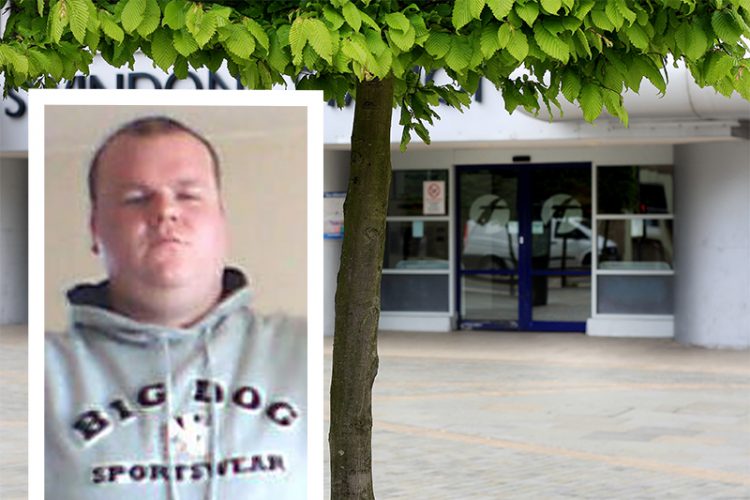A man who shouted homophobic abuse at a railway station worker after being asked if he could put on a face covering has been told to complete an alcohol treatment programme.
Andrew McWhinnie, 41, appeared before Swindon Magistrates’ Court this afternoon charged with a public order offence following the incident on 23 August 2020.
When he walked into Swindon railway station that day bare-faced, he was approached by a Great Western Railway worker who asked him if he was able to wear a face covering.
As a result, intoxicated McWhinnie became aggressive towards him – using a number of obscenities to vocalise his anger about having been approached about the matter.
He went on to point out the victim’s rainbow-coloured lanyard – which is usually worn to show support for the LGBTQ+ community – and said: “Oh, he’s a gaylord”.
“It’s not my fault I’m normal and you’re not… it’s just because you’re f***ing gay isn’t it”, he added.
In a personal statement read out in court, the victim said that his colleagues know about his sexual orientation, but being called out about it in public caused him embarrassment.
“The incident has impacted me and my day-to-day life”, he said. Continuing: “I have never thought twice about wearing my rainbow lanyard, but now I think twice about when I wear it.”
The court heard that McWhinnie, of Mately road, Liden, Swindon, had been struggling with alcohol for around 15 years and had stopped engaging with Turning Point when sessions moved online due to the coronavirus pandemic.
District judge Joanna Dickens said: “This was a really horrible offence, one that was completely out of order.
“You are a large man, and you were absolutely drunk. There was a tirade of foul, homophobic abuse which has no place in our society.”
McWhinnie has been abstaining from drinking alcohol for the past four weeks and had suffered some withdrawal symptoms as a result. His solicitor said he had been “unwell” as a result.
He added that his client had been using alcohol more prior to this incident due to the restrictions on socialising during the pandemic – he was spending more time alone at home, drinking. It was also said that his client found it difficult to use technology, so he could not access support from Turning Point.
On hearing that McWhinnie wanted to get help for his issues, District judge Dickens imposed a one-year order to include 15 days rehabilitation and an alcohol treatment requirement.
She also ordered him to pay £100 compensation to his victim, but no costs or victim surcharges were imposed.







